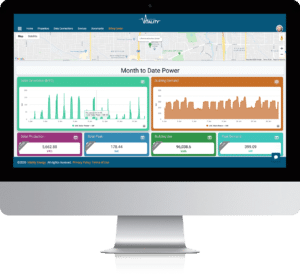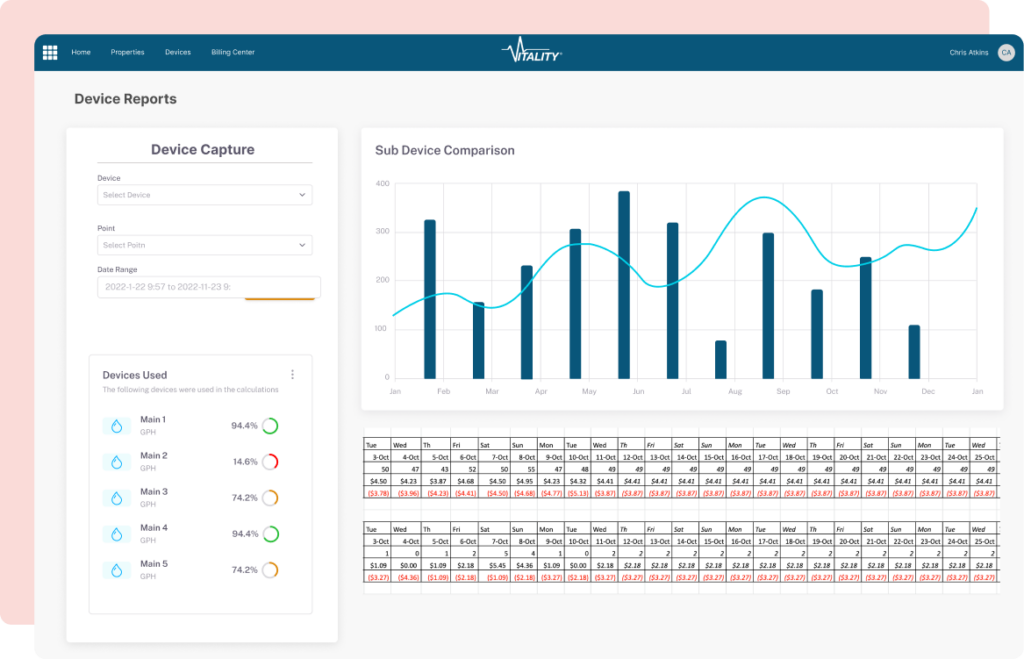What is Utility Expense Management (UEM)?
Utility Expense Management refers to the process of effectively managing and controlling the costs associated with utilities in a business or residential setting. This VITALITY blog is intended as a starting point in showing you how to optimize your resources and take advantage of your utility expenses.

Introduction to Utility Expense Management
In a world where sustainability and cost-effectiveness are increasingly important, managing utility expenses has become an important part of both residential and business operations. Utility expense management is not just about paying bills; it’s a strategic approach to optimizing resource usage and minimizing costs. In this blog, we’ll dig into the intricacies of utility expense management, exploring its significance and providing insights into effective strategies.
Understanding Utility Expense Management
Utility expenses encompass a range of essential services, including electricity, water, gas, and more. Utility expense management involves actively overseeing and controlling these costs to ensure efficiency and affordability. It’s not just a financial endeavor; it’s a commitment to responsible resource usage. By taking advantage of your utility expenses companies and residents are able to reduce their bottom line and find area’s for cost savings.
The Significance of Utility Expense Management:
Cost Optimization: At its core, utility expense management is about saving money. By analyzing usage patterns and adopting energy-efficient practices, individuals and businesses can significantly reduce their utility bills, contributing to overall cost savings.
Environmental Impact: Responsible resource management goes hand in hand with environmental stewardship. By minimizing unnecessary consumption, organizations and households can reduce their carbon footprint and contribute to a more sustainable future.
Strategic Planning: Diving into your utility expenses not only gives you a good idea on what your current systems look like, but it also provides a way to introduce cost savings into your business.
Strategies for Effective Utility Expense Management:
Monitoring and Analysis: Regularly reviewing utility bills and understanding consumption patterns is the first step. This data-driven approach allows for informed decision-making regarding resource usage.
Energy-Efficient Practices: Adopting energy-efficient technologies and practices can lead to substantial savings. From using LED lighting to implementing smart thermostats, small changes can have a big impact.
Contract Negotiation: Businesses can explore negotiating favorable contracts with utility providers. Securing competitive rates and favorable terms can result in long-term cost benefits.
Employee Engagement: In a business setting, involving employees in energy-saving initiatives can create a culture of responsibility. Simple practices, such as turning off lights and equipment when not in use, can make a significant difference.
Software Solutions: Many companies – like VITALITY – can provide you with a software solution that allows you to accurately track your utilities in real-time. This allows you to notice issues before they become problems and work to overcome them.
Challenges and Solutions:
While utility expense management offers numerous benefits, challenges may arise. These could include fluctuations in utility prices, technological complexities, or resistance to change. Addressing these challenges requires a combination of strategic planning, ongoing education, and adaptability. Another major issue that many organizations run into involves getting to the data. Getting to your utility data can be very time consuming and can present challenges to building owners and CFO’s.
Conclusion:
Utility expense management is not a one-time task but an ongoing commitment to optimizing resources. Whether you’re a homeowner looking to reduce monthly bills or a business aiming for sustainability, understanding and implementing effective utility expense management strategies can lead to financial savings, environmental benefits, and a more responsible use of essential resources. Embrace the journey towards efficiency and make a positive impact on both your bottom line and the planet.





